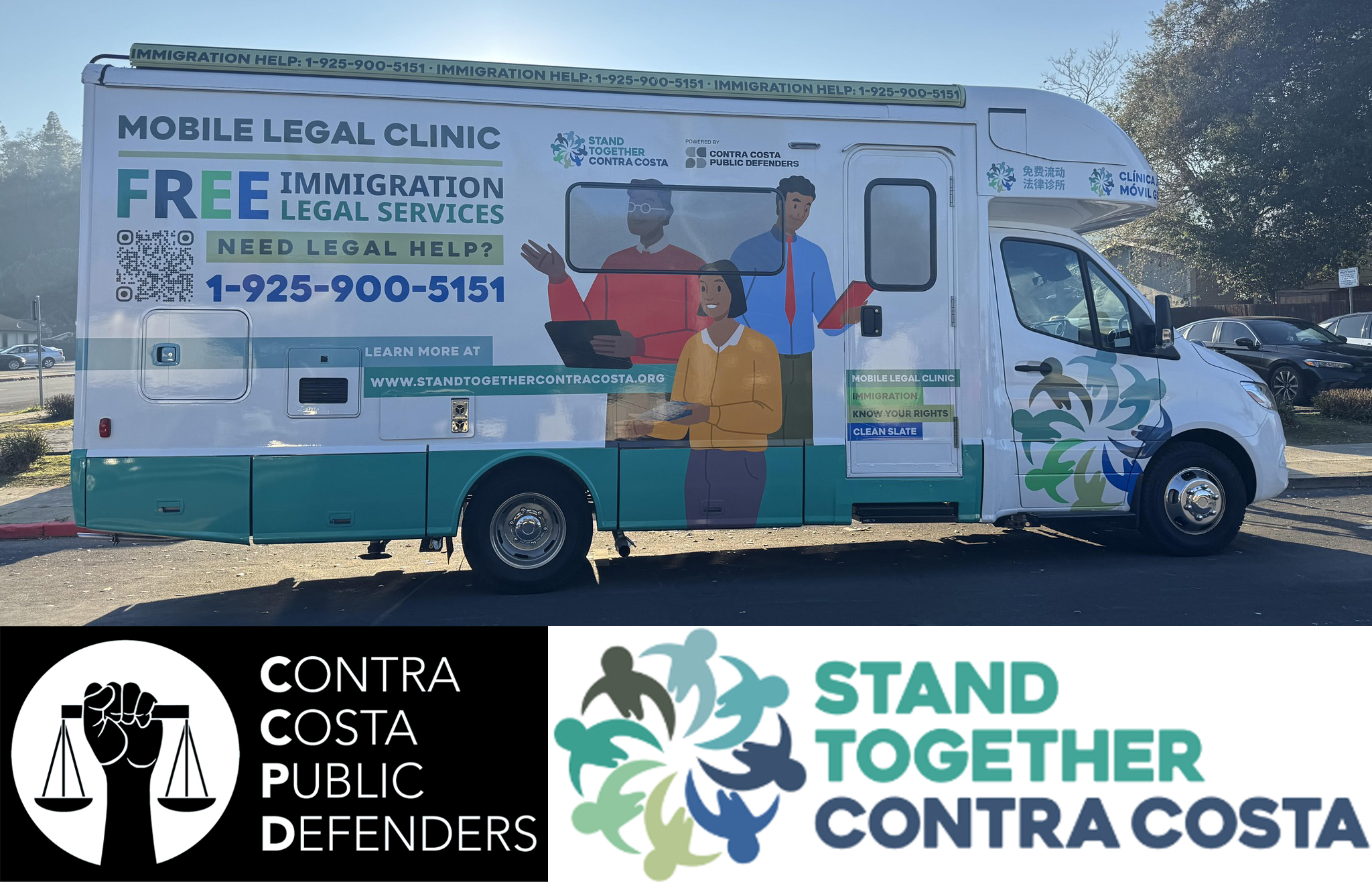
ICE announced Friday the arrest of Jose Lopez-Arevalo of El Salvador living in San Pablo. Photo: ICE
For assault with a deadly weapon, hit-and-run, false imprisonment, grand theft, evading police and DUI in Contra Costa, Marin and Alameda counties
State releasing thousands of criminal undocumented immigrants
By Allen D. Payton
U.S. Immigration and Customs Enforcement (ICE) announced on Friday, February 13, 2026, the arrest of multiple criminal undocumented immigrants across the country, convicted of what they referred to as “repulsive crimes” including child sex crimes, assault with a deadly weapon and conspiring to traffic cocaine. Among those arrested was Jose Lopez-Arevalo of El Salvador living in San Pablo in Western Contra Costa County.
“Yesterday, the brave men and women of ICE arrested heinous criminal illegal aliens convicted for sex crimes against children, felony battery and one monster convicted for SIX offenses including a hit-and-run and grand theft,” said Assistant Secretary Tricia McLaughlin. “There is absolutely no reason these violent criminals should remain in this country. While sanctuary politicians and activist judges release criminals into our communities, our law enforcement officers are risking their lives to remove public safety threats from American neighborhoods.”
Lopez-Arevalo has previously been convicted for assault with a deadly weapon, vehicle hit-and-run, false imprisonment, grand theft, evading police and driving under the influence in Contra Costa, Marin and Alameda counties.
According to localcrimenews.com, the five-foot, five-inch tall, 145-pound suspect is 26 years old and was arrested twice by the Marin County Sheriff’s Department. First, on February 5, 2025, for false imprisonment by violence, driving without a license, DUI alcohol/drugs with blood alcohol content above .08, possession of drug paraphernalia and evading a peace officer. Lopez-Alvarado was previously arrested on August 10, 2020, for possession of a controlled substance, driving without a license, hit-and-run resulting in property damage, following emergency vehicles, DUI Alcohol with BAC above .08, possession of alcohol in an open container and for no display of license plates. He was also arrested by the Contra Costa County Sheriff’s Department on June 15, 2024, and earlier this month, on warrants or holds only.
According to the Contra Costa County Office of the Sheriff, Lopez-Arevalo was booked on Feb. 4 and out of custody on Feb. 11 as his sentence was served.
According to a Feb. 6th press release by ICE, “There are currently 33,179 aliens in the custody of a California jurisdiction with active detainers. The crimes of these aliens include 399 homicides, 3,313 assaults, 3,171 burglaries, 1,011 robberies, 8,380 dangerous drugs offenses, 1,984 weapons offenses and 1,293 sexual predatory offenses.
“California’s failure to honor ICE detainers has resulted in the release of 4,561 criminal illegal aliens since January 20,” the press release continued. “The crimes of these aliens include 31 homicides, 661 assaults, 574 burglaries, 184 robberies, 1,489 dangerous drugs offenses, 379 weapons offenses, and 234 sexual predatory offenses.”
Americans can see more individuals posing public safety threats arrested in their communities on the Department of Homeland Security webpage WOW.DHS.Gov.












